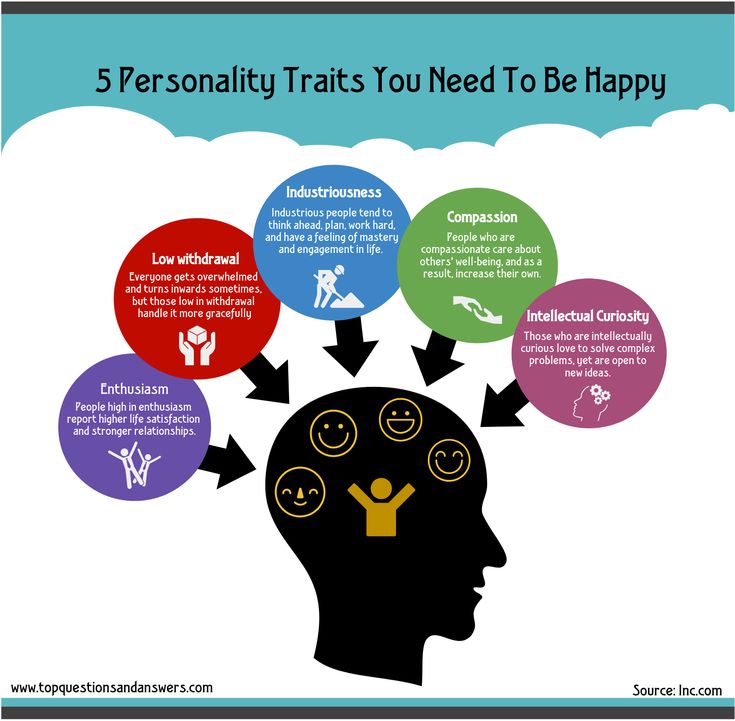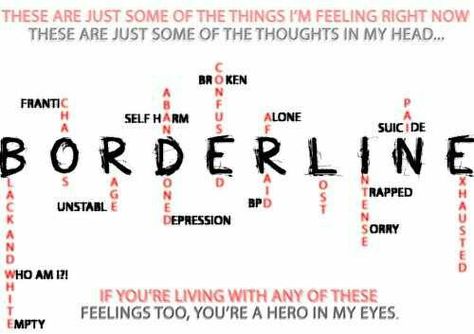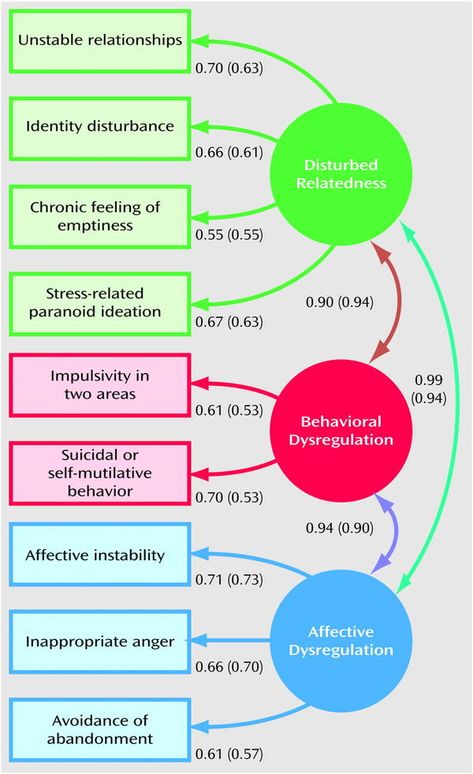Emotional personality trait
The Big 5 Personality Traits
Personality can be described by five distinct traits, and together they are known as the Big Five.
Personalities contain the patterns of your thoughts, feelings, and behaviors that make each person unique. Together, these aspects can play a role in every part of our lives, from friendships to careers, to hobbies.
Throughout history, researchers have tried to simplify complex personalities by suggesting that most people fit into specific categories. By focusing on an individual’s characteristics and patterns of behavior, researchers can try and predict or explain behavior.
Experts believe that there are five personality traits, known as the “Big Five” or the Five-Factor Model. Each trait reflects how a person thinks, feels, and behaves. This model is one of the most widely used frameworks in personality research.
According to a 2015 article, the Big Five model is one of the most recognized approaches to describing and measuring individual differences in one’s personality. It’s used to help people better understand themselves and how they compare to others.
Companies use this model to predict how employees or potential candidates relate to others. Also, it can be used for understanding how employees might think and handle stress.
The Big Five personality traits consist of:
- agreeableness
- conscientiousness
- extraversion
- neuroticism
- openness to experience
Each of the five personality factors is composed of a range between two extremes. Most people score in between the two ends of each dimension.
Extraversion, sometimes called extroversion, reflects how you interact socially. It describes your emotional expression and how comfortable you are in your environment.
People who score high in extraversion may have tendencies to:
- be more outgoing and talkative
- thrive in social situations
- have a wide social circle and find it easy to make friends
- like to start conversations
- feel comfortable arguing and debating your opinions
- seek excitement
- generally enjoy being around people
- work in a supervisor position with others
If you score lower on extraversion in the Big Five model, you might:
- be more introverted or reserved
- feel tired after socializing
- prefer solitude or need more periods of alone time
- feel uncomfortable interacting with strangers
- dislike small talk
- tend to avoid large groups
- be uncomfortable as the center of attention
Agreeableness is a personality trait that describes how you treat your relationships with others.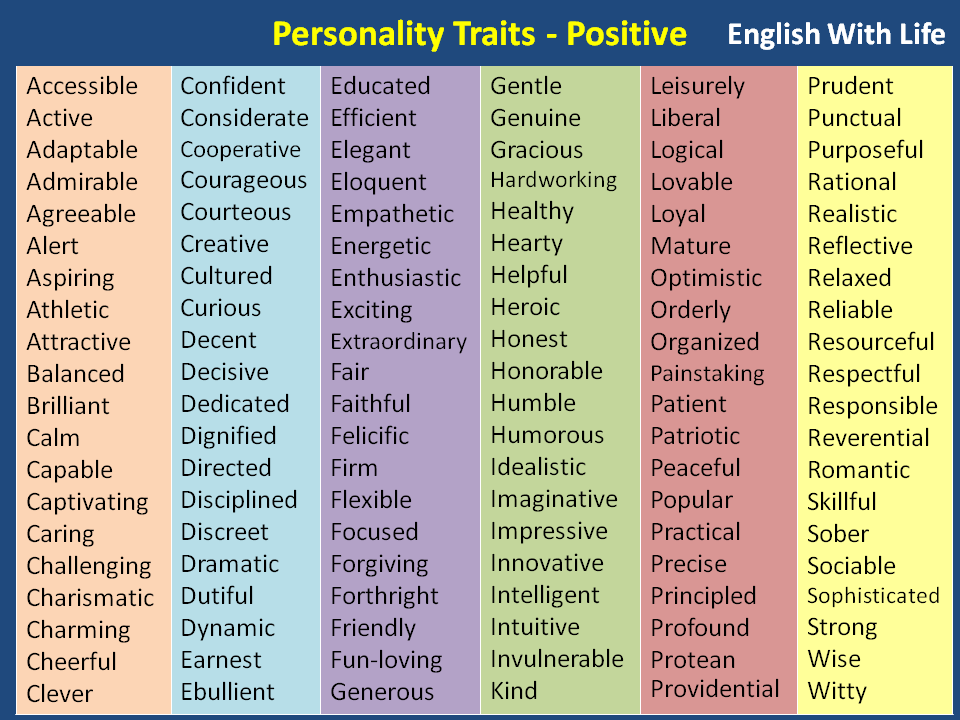 It’s how kind and helpful you are toward people. Overall, high agreeableness means you desire to keep things running smoothly and value social harmony.
It’s how kind and helpful you are toward people. Overall, high agreeableness means you desire to keep things running smoothly and value social harmony.
If you score high in agreeableness, you may be:
- altruistic
- kind to others
- empathetic
- helpful
- caring
- compassionate
- trustworthy
People with lower scores in this personality trait might be more:
- selfish
- less likely to help others
- stubborn
- competitive
- manipulative
- less compassionate
- suspicious
Conscientiousness is a trait that refers to how thoughtful and goal-oriented you are. It’s how in control you are over your impulses and your level of organization and work ethic.
If you score high in conscientiousness, you tend to be:
- more optimistic
- emotionally stable
- unlikely to react in a stressful environment
- well-organized
- hardworking
- detailed-oriented
- good at planning
- mindful of deadlines
- goal-driven
Scoring low in conscientiousness means you may:
- be more impulsive
- have trouble focusing on your goals
- be messy
- be less structured
- have more difficulty staying organized
- prone to lateness
- procrastinate
Neuroticism is a personality trait that refers to your emotional stability.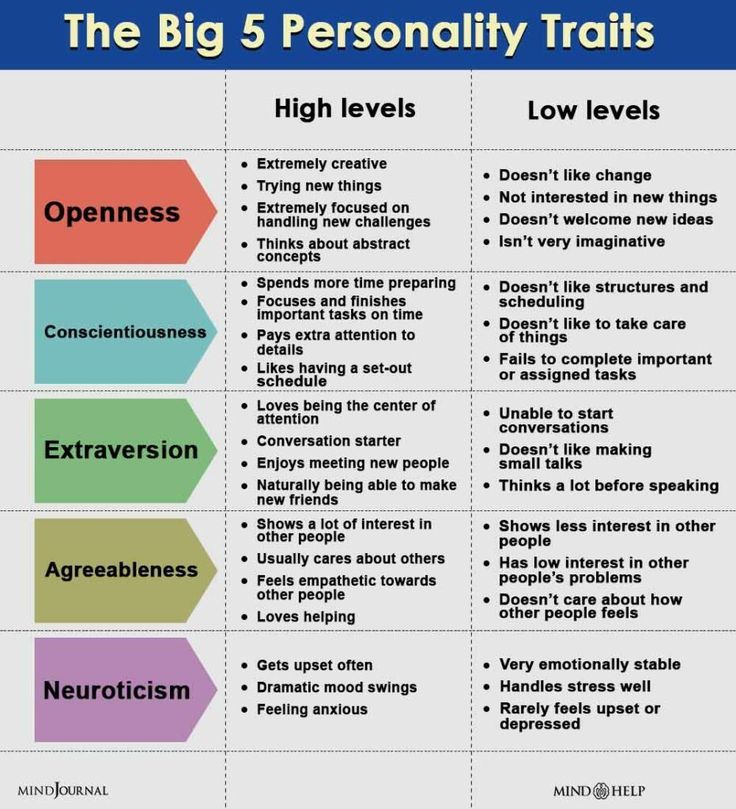 As a personality dimension, neuroticism is characterized by unsettling thoughts and feelings of sadness or moodiness.
As a personality dimension, neuroticism is characterized by unsettling thoughts and feelings of sadness or moodiness.
A high score in neuroticism means that you may:
- often feels insecure
- get stressed easily
- appear irritable or moody to others
- worry a lot
- experience mood swings or feelings of sadness
People who score low in this personality trait might mean you:
- are more optimistic
- manage stress easily
- don’t worry a lot
- are emotionally stable and resilient
- are unlikely to react in stressful situations
- often feel relaxed
Intellect, imagination, and openness describe your imagination and how creative you are. It refers to your sense of curiosity about the world and your willingness to try new things.
If you score high in this personality trait, you may:
- enjoy learning and trying new things
- have an active imagination
- be more creative
- be intellectually curious
- think about abstract concepts
- enjoy challenges
- like to travel
- have a wide range of interests
A lower score in openness means you might:
- dislike change
- be likely to stick to routines
- not be imaginative or creative
- have more traditional thinking
- be more grounded
Personality tests can shed light on the various aspects of your personality and help you get to know yourself better.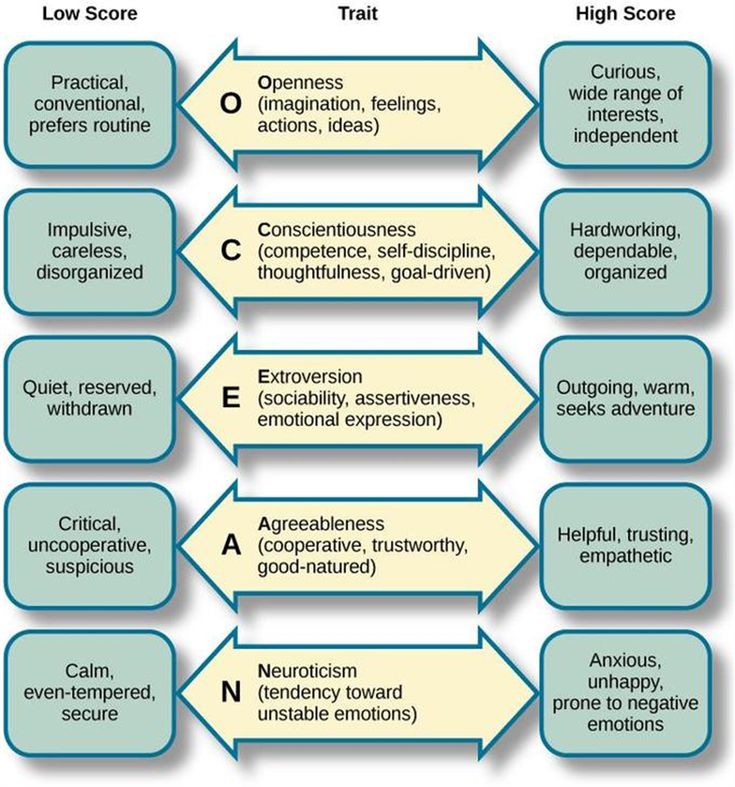 Though a test can’t fully describe you or define who you are as a person, it can help you recognize your strengths and weaknesses. The tests may even help you discover a new way to approach your problems.
Though a test can’t fully describe you or define who you are as a person, it can help you recognize your strengths and weaknesses. The tests may even help you discover a new way to approach your problems.
If you’ve discovered that one of your character traits has a negative impact on your life or relationships, you could consider discussing this with a licensed therapist.
A therapist can help you understand your personality and suggest ways to make changes.
What is Neuroticism? - Learn all about the neuroticism personality trait
JavaScript
For full functionality of this site it is necessary to enable JavaScript. Here are the instructions how to enable JavaScript in your web browser.Emotional stability or neuroticism is one of the five personality traits of the Big Five personality theory. Emotional stability refers to a person's ability to remain stable and balanced.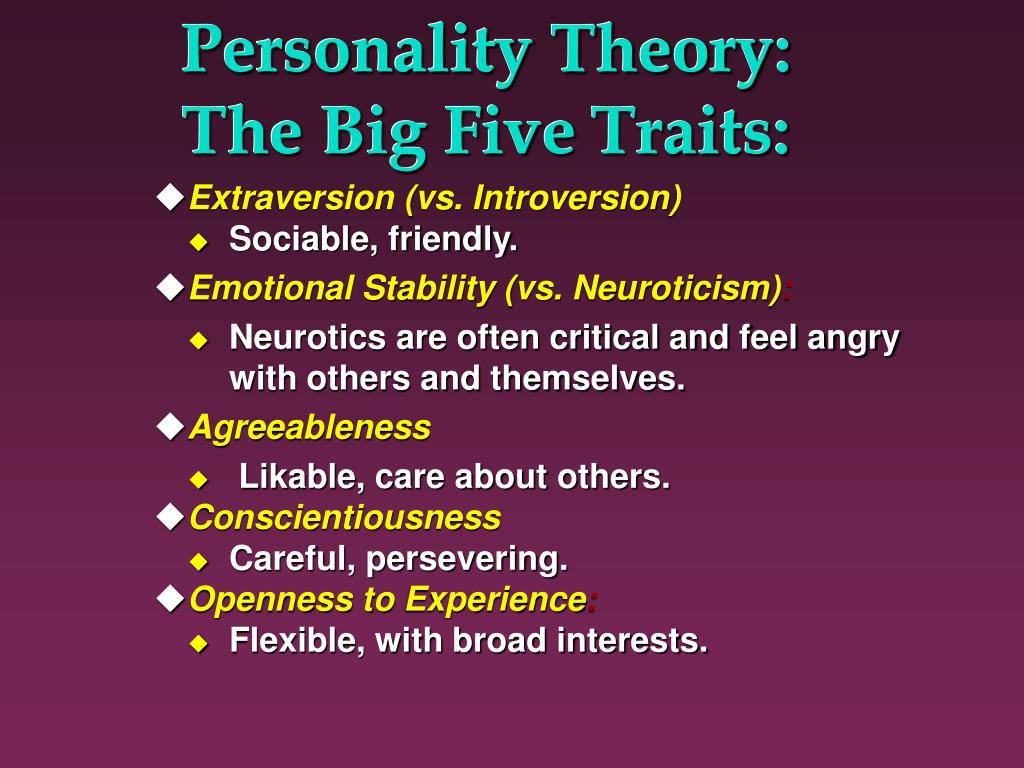 At the other end of the scale, a person who is high in neuroticism has a tendency to easily experience negative emotions. Neuroticism is similar but not identical to being neurotic in the Freudian sense. Some psychologists prefer to call neuroticism by the term emotional stability to differentiate it from the term neurotic in a career test.
At the other end of the scale, a person who is high in neuroticism has a tendency to easily experience negative emotions. Neuroticism is similar but not identical to being neurotic in the Freudian sense. Some psychologists prefer to call neuroticism by the term emotional stability to differentiate it from the term neurotic in a career test.
Individual high in emotional stability is stable and calm
People who score high in emotional stability (low in neuroticism) on a career test react less emotionally and are less easily upset. They tend to be emotionally stable, calm, and do not constantly experience negative feelings. The fact that these individuals are free from experiencing negative feelings does not mean that they experience a lot of positive feelings. The latter is a trait of the extraversion trait.
Individual high in neuroticism is emotionally reactive
People who score high in neuroticism are very emotionally reactive. They will have an emotional response to events that would not affect most people.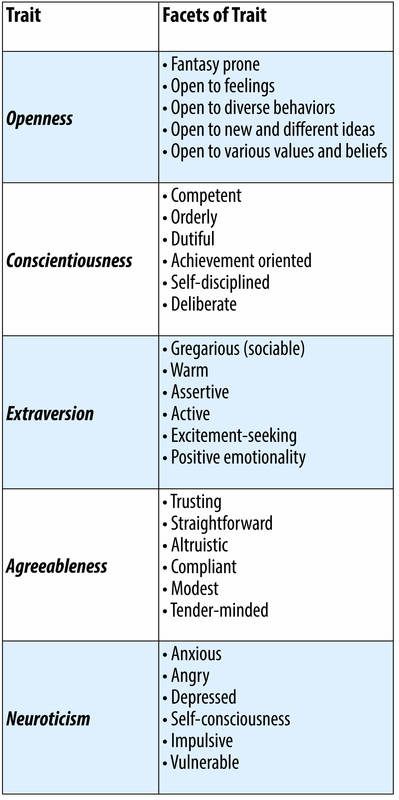 A high scorer in neuroticism on a personality test has a greater chance of feeling threatened or being in a bad mood in a normal situation. They may find it difficult to think clearly and cope with stress. Take a free personality test to learn more about your career strengths and to test personality.
A high scorer in neuroticism on a personality test has a greater chance of feeling threatened or being in a bad mood in a normal situation. They may find it difficult to think clearly and cope with stress. Take a free personality test to learn more about your career strengths and to test personality.
Sub traits of the emotional stability trait
Each of the Big Five personality traits is made up of six facets or sub traits. To test personality, these can be assessed independently of the trait that they belong to. The sub traits of the emotional stability trait are:
- Anxiety
- Anger
- Depression
- Self-consciousness
- Immoderation
- Vulnerability
Free Big Five personality test
Want to learn more about yourself and your strengths? Take a free Big Five personality test
To the personality test
Careers and emotional stability trait
A person who has a high level of emotional stability is preferred in most professions because they have more control over their emotions at work.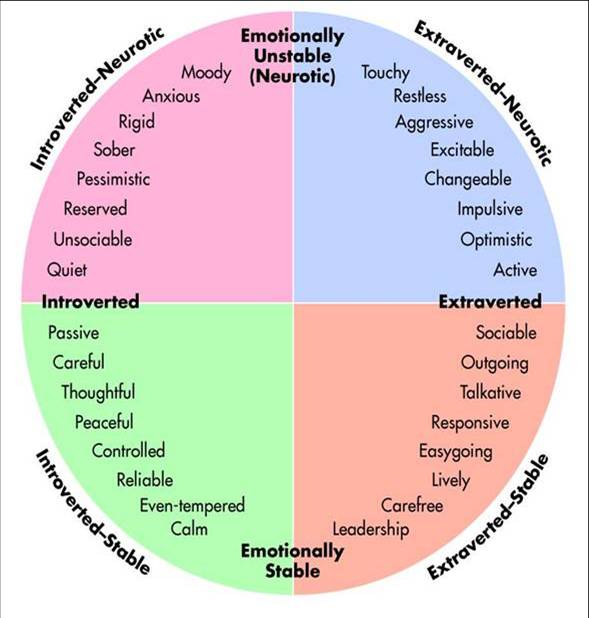 Employees with low emotional stability may be more easily distracted from their work, by deadlines, personal situations, and pressure.
Employees with low emotional stability may be more easily distracted from their work, by deadlines, personal situations, and pressure.
Take a free personality test to learn more about yourself
The emotional stability trait is one of five domains in the Big Five personality theory developed by many different researchers over the years. It is the most scientifically validated and reliable psychological model to test personality. To test personality and learn more about your work preferences, take a free personality test or a career test now.
Classification of character traits
The whole variety of manifestations of character is divided into four groups on the following grounds:
- orientation of the individual, the system of his relations in society;
- features of volitional regulation;
- emotional features;
- intelligent features.
In the system of human relations in the social environment, there are four varieties: the attitude of a person to society, to himself, to labor and products of labor.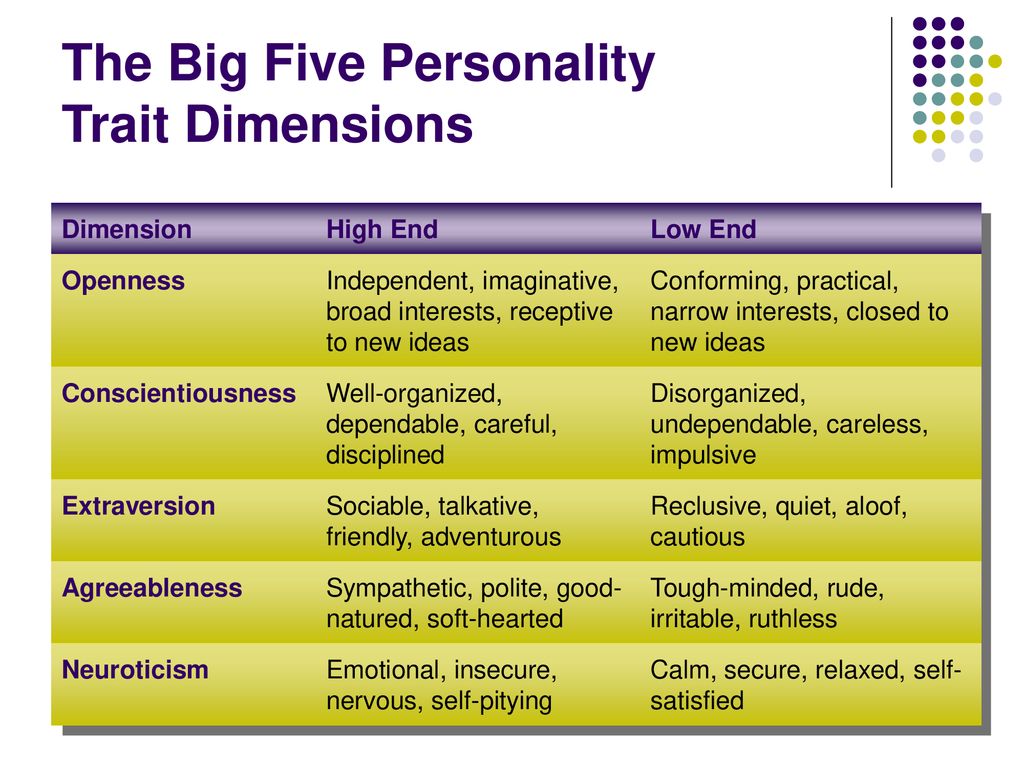
A person's attitude to society and other people determines the fundamental qualities of a person and the character of a person, his morality.
Morality – the moral consciousness of the individual, realized in his behavior, the subordination of the individual's behavior to social norms, standards and values. The level of a person's morality is determined by the measure of the coincidence of general social and internal motivational requirements for his behavior. I. Kant, as you know, was most surprised by two phenomena of life - the starry sky above our heads and the moral law within us. Morality is the free self-compulsion of the individual to socially adapted, socially valuable behavior.
The concept of morality is a boundary concept between sociology, ethics and psychology. In the sociological aspect, it is associated with the concept of social mores, the functioning of social norms that regulate the behavior of society. In its psychological essence, morality is a system of stereotyped forms of behavior based on the internalization (appropriation) of social norms.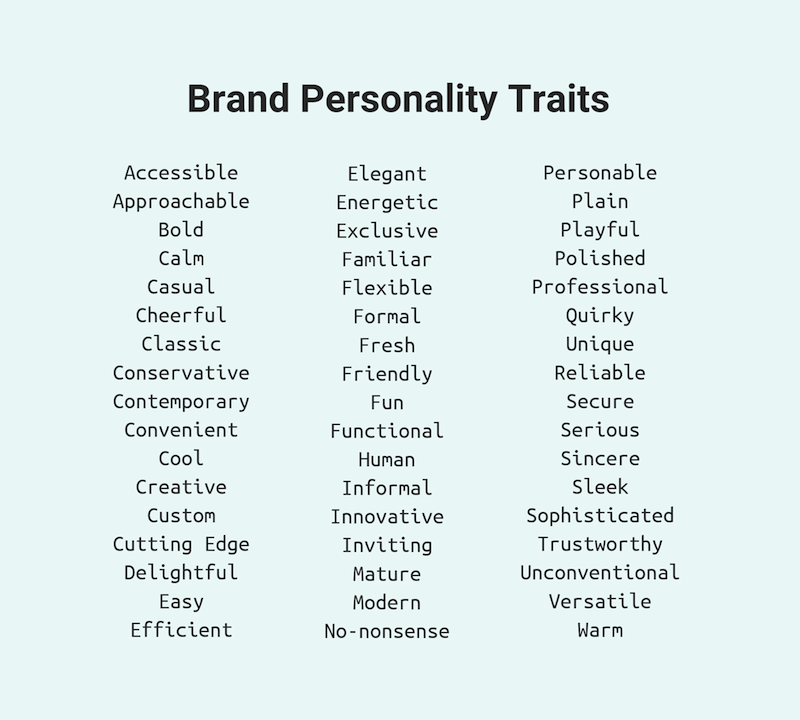 The morality of a person is the main indicator of its socialization, social self-identification.
The morality of a person is the main indicator of its socialization, social self-identification.
Morality in general is the behavioral culture of society. The morality of an individual is the measure of his involvement in this culture. Universal standards of morality meet the objective conditions of human society, the basic needs of mankind.
The formation of morality is connected with the cultural and historical traditions of a given society, the development of moral ideology in it, the level of social control and social expectations.
In ethical terms, the morality of an individual is the sphere of his moral relations with other people, the sphere of his moral activity, classified according to the content, form and method of interpersonal relations. According to the content, the moral relations of individuals are subdivided on the basis of their social obligations (civil, labor, family, professional, etc.). Specific moral obligations arise in relation to people in a special position (to children, the elderly, women, the sick, those in dire need), to people with whom the individual is in a special relationship (to parents, children, friends, loved ones).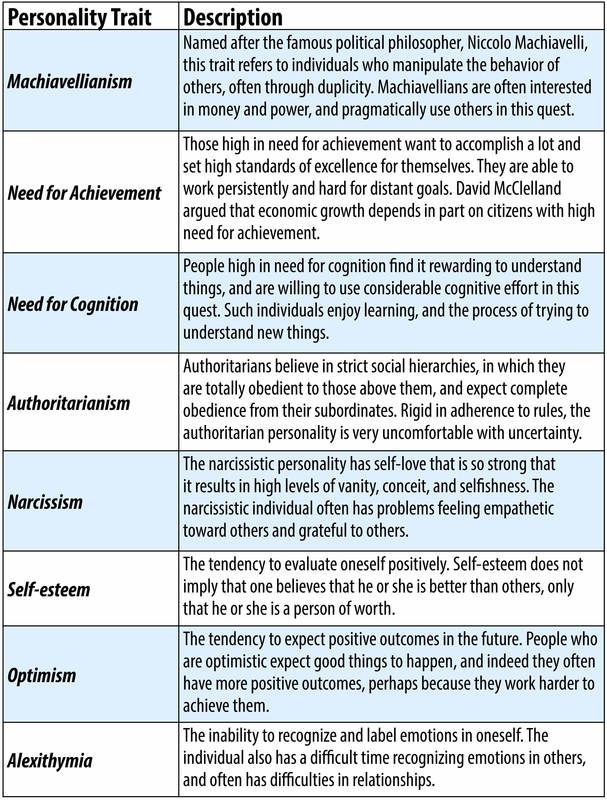 A number of moral requirements the individual is obliged to present to himself as to a certain value in itself (pride, self-respect, etc.).
A number of moral requirements the individual is obliged to present to himself as to a certain value in itself (pride, self-respect, etc.).
Moral self-improvement of an individual is one of the main meanings of his existence. The system of higher moral requirements of the individual forms his moral ideal. The morality of an individual is always a spiritual overcoming of the difficulties of being.
One of the highest manifestations of human spirituality is compassion for other people (altruism), readiness for self-restraint and even self-denial for the good of other people. The ability to self-suppress selfish impulses is one of the highest manifestations of a noble character. The categorical imperative (unconditional requirement), the "golden rule" of human behavior is the requirement: treat people as if they were yourself; the benefits of some people cannot be paid for by the suffering of others.
The system of attitudes towards other people adopted by the individual can be reduced to four main schemes.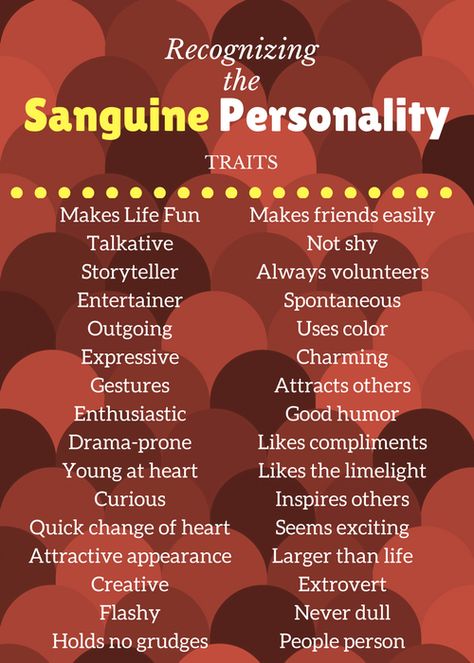
- "I am good and all people are good" is a value-oriented scheme inherent in socially adapted individuals who are distinguished by benevolence, high social communicativeness, cheerfulness, an adequate level of claims, and mental stability in difficult situations. This is a highly socialized, mentally stable personality type. The system-forming qualities of his character, and, consequently, his behavior are social identification, altruism, and a heightened sense of social responsibility. The behavior of such a person is characterized by openness, honesty, consistency.
- "I'm bad, but all people are good" - a life scheme inherent in people with a low level of claims, indecisive, constantly doubting their abilities, showing mental instability in difficult situations, having difficulty in establishing social contacts. As a rule, these are people with a weak type of nervous activity.
- "I am good, but all people are bad" - a scheme inherent in people with an overestimated level of claims.
 Arrogance, selfishness, firmness, turning into cruelty, appropriation of the right to exceptional actions - these are the distinguishing features of the character of people of this orientation.
Arrogance, selfishness, firmness, turning into cruelty, appropriation of the right to exceptional actions - these are the distinguishing features of the character of people of this orientation. - "I am bad and all people are bad" - such is the position of incorrigible pessimists who expect nothing but trouble from life. Like the previous one, this type of social orientation gives rise to conflicts between the individual and the social environment. But, unlike the third life scenario, this life scenario does not lead to self-affirmation, but to self-demobilization, withdrawal from the joys of life, and sometimes from life itself. Not hoping for the best in real life, a person with such a life concept goes into a world of dreams, fruitless dreams and unrealistic hopes.
Each person has an attitude towards himself - "I-concept". The image of one's own "I" consists of a number of components: cognitive - the image of appearance, moral qualities, mental characteristics, social significance; emotional - self-esteem, complacency, self-abasement, etc. ; pretentious-volitional - the desire for self-affirmation, recognition of merits by other individuals. Along with the real "I" there is an ideal "I" and a dynamic, self-developing "I".
; pretentious-volitional - the desire for self-affirmation, recognition of merits by other individuals. Along with the real "I" there is an ideal "I" and a dynamic, self-developing "I".
A person cognizes himself in interaction with other people who are at different socio-cultural levels. And if the reference (reference) social group for a given individual has an objectively high status, then this stimulates the individual to self-development.
A person builds his life strategies, weighing various alternatives, making compositions of possible actions. This internal dialogue is the main mechanism of self-regulation: a person, as it were, looks at himself from the outside, from the positions of other people. He formulates acceptable compromises for himself, puts forward self-justifying motives, tries on his inner world to reality.
However, the less socialized the individual is, the less painful is his dialogue with himself. This dialogue may or may not exist. And then the individual essentially ceases to be human.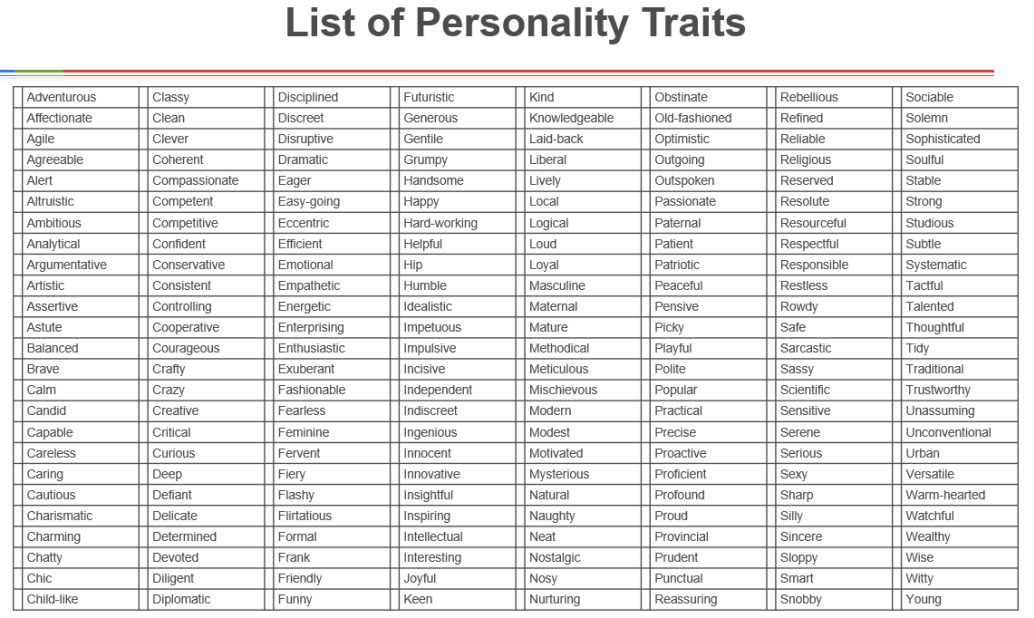 Lack of inner life, a system of critical self-assessments, poverty of spirit, extreme primitivism in sanctioning responsible decisions - such is the level of self-consciousness of most malicious criminals. External actions that have not been tested by the inner work of the spirit acquire a soulless energy, manifesting themselves in cruelty, sadism and violence.
Lack of inner life, a system of critical self-assessments, poverty of spirit, extreme primitivism in sanctioning responsible decisions - such is the level of self-consciousness of most malicious criminals. External actions that have not been tested by the inner work of the spirit acquire a soulless energy, manifesting themselves in cruelty, sadism and violence.
A socialized person has problems of reconciliation, harmonization of the inner and outer world. How to reconcile devotion to one's principles with the conflicting demands of life? In these situations, the character of a person is manifested - his hardness and plasticity, civil courage and tolerance.
The attitude of the individual to work and other activities determines diligence, overcoming difficulties in work, conscientiousness, etc. This group of relationships also includes inclinations, vocation and talent as characterological qualities of the individual. The negative qualities of this group include parasitism, loafing, vagrancy, etc.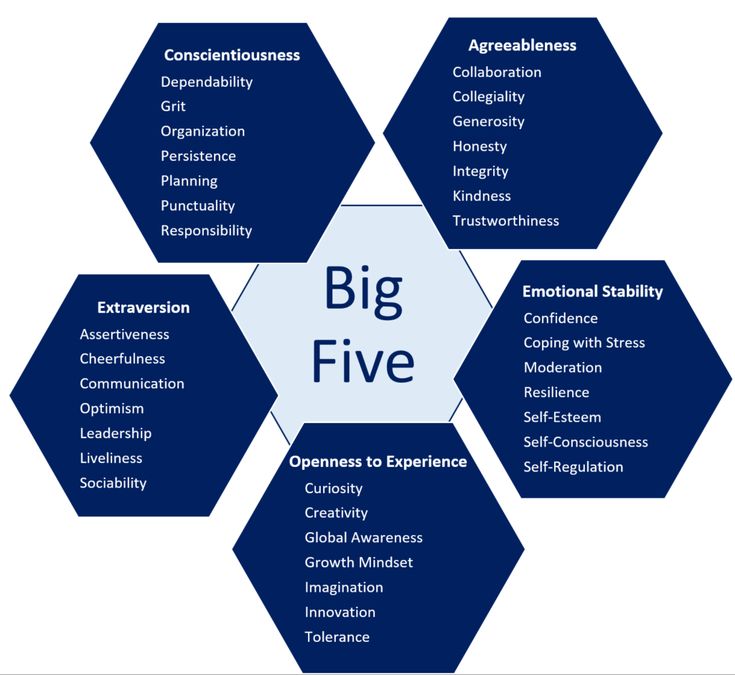
Attitude towards things as products of human labor is expressed in accuracy, frugality, etc. In this group of qualities, some are of a criminogenic nature: selfishness, greed, boundless consumerism, irresistible attraction to the standards of "luxurious life".
The individual's value orientations to a certain extent also determine the volitional regulation of his behavior.
Volitional character traits – stable individual typological features of conscious regulation of behavior. The most essential ability of an individual in difficult, conflict circumstances is to make well-founded decisions in a timely manner and execute them. The opposite quality is indecision, manifested in excessive hesitation, delay in making a decision or excessive haste in a decision, when a person seeks to avoid the tension associated with the struggle of motives. Decisiveness is also expressed in the ability of a person to stop performing an action when the situation changes, when it ceases to be appropriate.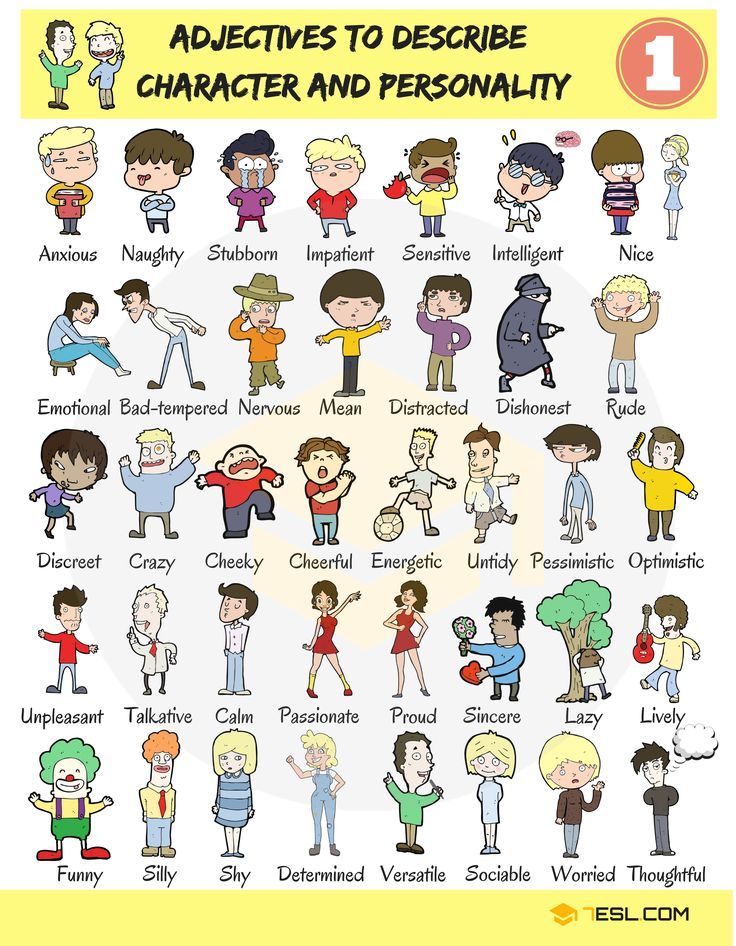
Particularly important are such qualities of a person as endurance and self-control - the ability of an individual to control his behavior in difficult conflict conditions, refrain from unnecessary actions, control his emotions and feelings, prevent impulsive actions, regulate mood, not lose his presence of mind in difficult and even dangerous situations, endure hardships, failures, physical suffering.
Courage and courage are essential in the life of every person. Opposing negative qualities - cowardice, cowardice - hypertrophied fear for one's life and well-being, neglect of principles and moral feelings in dangerous situations.
Strong-willed personality traits determine the main qualities of character : integrity, strength, firmness and balance.
Integrity of character is the stability of positions and views in various situations, the consistency of words and deeds; strength of character - the energy of a person, the ability for prolonged stress, overcoming difficulties in difficult situations; firmness of character - strength of character combined with personal integrity; balance of character - evenness, restraint of behavior, emotional and volitional stability of the individual.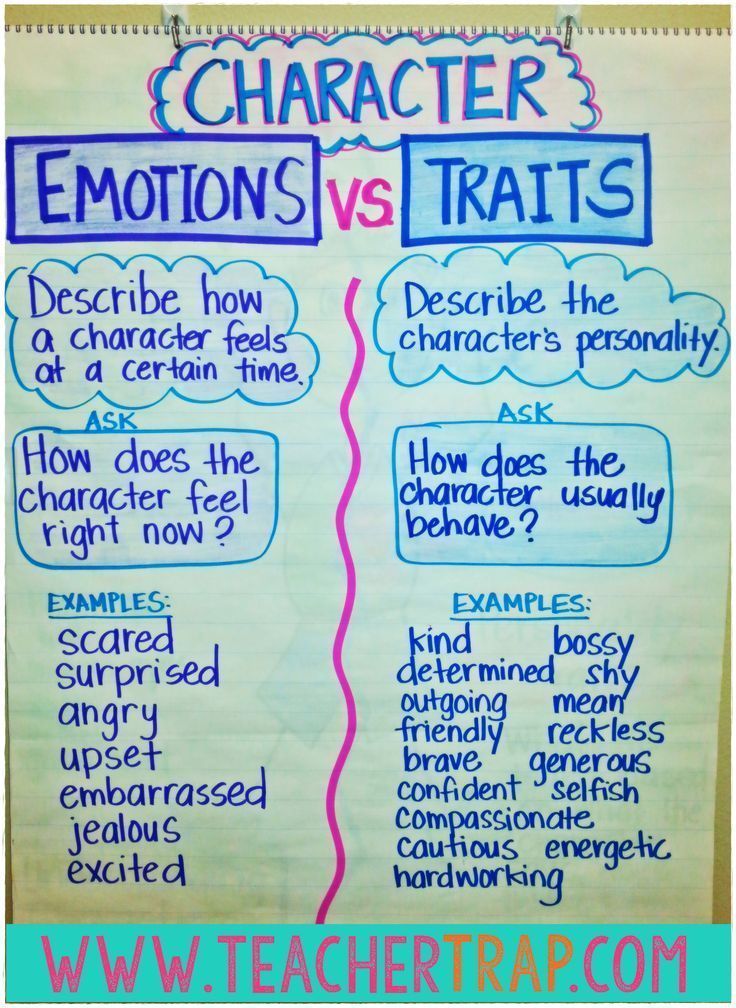
Volitional, active self-regulation of an individual, the system of his volitional qualities are determined by the breadth, hierarchy and dynamism of his motivational sphere. The breadth and content of a person's needs and interests are one of his main mental qualities. It is also essential that the lower level impulses obey the higher impulses. The individual must have well-developed means of suppressing base impulses. The hierarchy of the motivational sphere of an individual depends on what motives and in what situations were actualized especially often and strongly, what desires were realized at the same time and what qualities of the individual were oppressed.
Many people's behavioral impulses arise spontaneously, at the subconscious level, at the level of attitudes and habits, due to their emotional characteristics. In the subsequent explanation of their behavior, people look for the most acceptable excuses for them.
Emotional features of an individual's character is the most obvious, directly perceived indicator of his mental properties.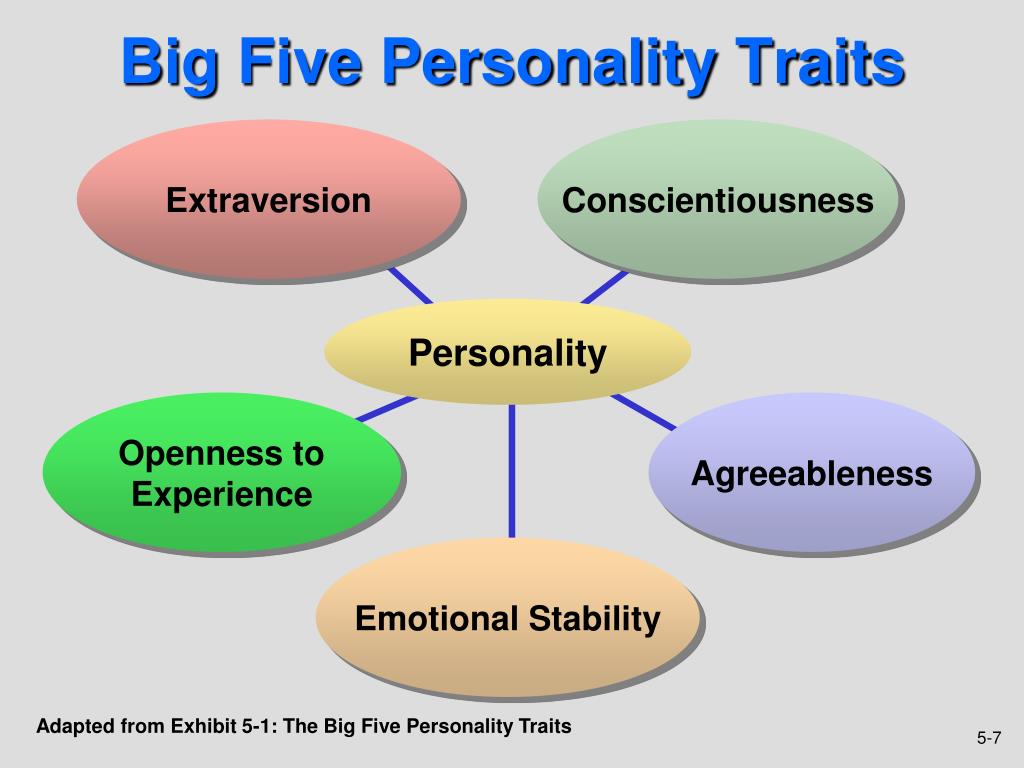 A person manifests itself in what makes him laugh and pleases, makes him admire and saddens, what causes him anger and stress and what makes him calm down and come to tenderness. Emotions, as already noted, are a direct, impulsive reaction of an individual to influences that are significant for him. All evaluative activity of an individual is emotionally colored - from the elementary tone of sensations to the emotional experience of one's worldview, attitude to the world and life. Emotions are involuntary reactions of an individual to acts of satisfaction or dissatisfaction of his needs, expressed in certain neuropsychic and humoral-vegetative states.
A person manifests itself in what makes him laugh and pleases, makes him admire and saddens, what causes him anger and stress and what makes him calm down and come to tenderness. Emotions, as already noted, are a direct, impulsive reaction of an individual to influences that are significant for him. All evaluative activity of an individual is emotionally colored - from the elementary tone of sensations to the emotional experience of one's worldview, attitude to the world and life. Emotions are involuntary reactions of an individual to acts of satisfaction or dissatisfaction of his needs, expressed in certain neuropsychic and humoral-vegetative states.
Emotions come into their own in any sudden vital situation. They dominate in all complex conflict situations, mobilizing reserves of mental and physical energy.
According to the emotional features of their character, individuals differ in a number of parameters: emotional reactivity, excitability, depth, duration and stability of emotional processes, dominant feelings and their subject relatedness. The emotional mood of an individual is an indicator of the tone of his entire life activity.
The emotional mood of an individual is an indicator of the tone of his entire life activity.
Success-oriented individuals prefer activities that lead to a quick, prestigious outcome. They are characterized by an increased level of claims, and in many cases - defects in self-criticism, moral integrity. Individuals who are predominantly focused on avoiding failure are distinguished by increased demands on themselves, more subtle introspection, and in some cases, excessive timidity and indecision. They in every possible way avoid situations in which behavioral failures and personal losses are possible. Such people are distinguished by another extreme - an underestimated level of claims. The first failures extinguish their interest in this type of activity. They tend to regard their success as an accident.
Evaluation of one's mental abilities is one of the characteristic features of a person. It is associated with a certain level of anxiety characteristic of a given individual.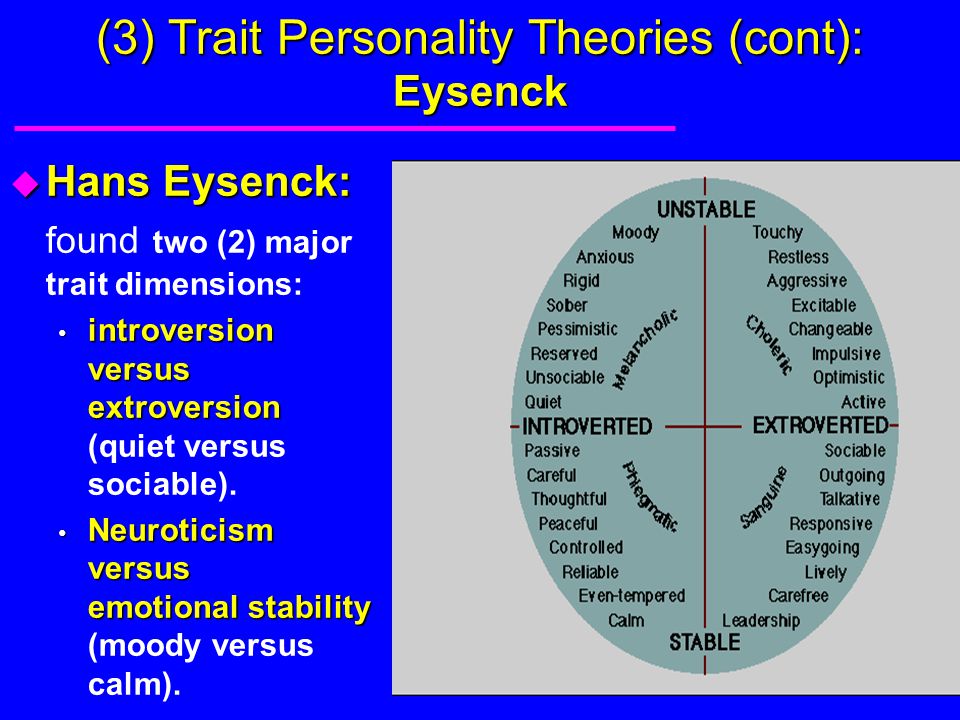 Highly anxious individuals are especially sensitive to dangerous situations and tend to disorganize their behavior in these situations.
Highly anxious individuals are especially sensitive to dangerous situations and tend to disorganize their behavior in these situations.
A person's emotions are associated with his moral positions, honor and conscience, the ability to moral self-control, to energy mobilization in areas that are significant for a given personality, the ability to aesthetically enjoy the beautiful and wrathfully reject all that is ugly.
The emotionality of an individual is characterized by the content, quality and dynamics of his emotional processes. The content side of the emotional sphere is responsible for value orientations, general mental orientation. The qualitative side of emotions testifies to the predominant positive or negative modality of the emotional states inherent in this individual. The dynamic emotional properties of an individual include the features of the emergence, course and termination of emotional processes, their external manifestation - expression.
The emotional sphere of an individual is a mechanism of emergency, spontaneous balancing of his internal states with sudden changes in the environment.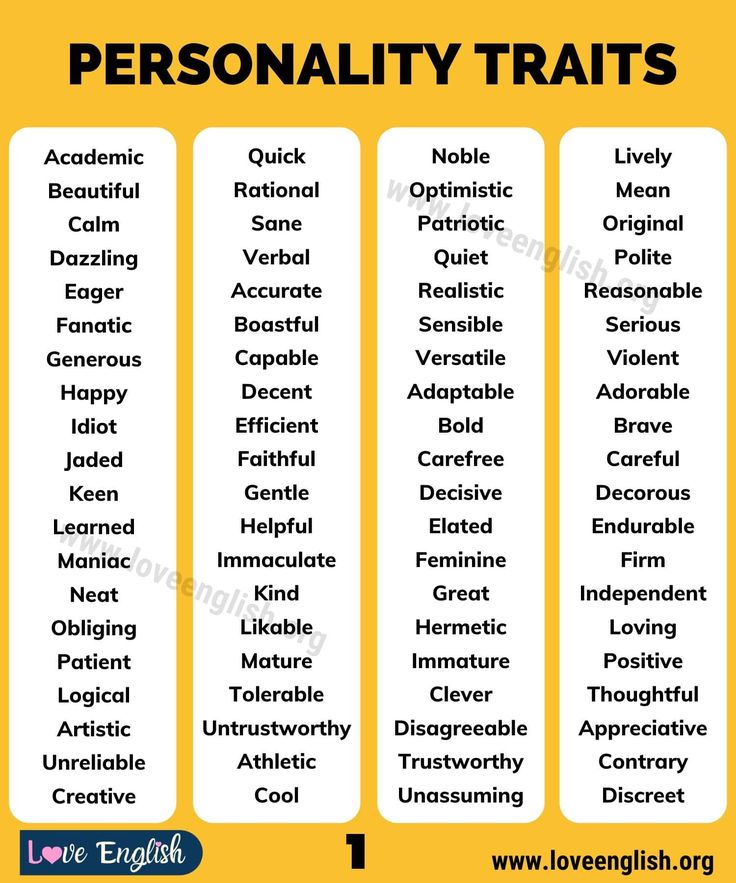 By the emotional reactions of a person (outwardly expressed or carefully concealed), one can judge the subtle nuances of her vital connections with reality.
By the emotional reactions of a person (outwardly expressed or carefully concealed), one can judge the subtle nuances of her vital connections with reality.
Emotional qualities distinguish natures impressive - emotionally impressionable (increased emotional reactivity), sentimental (increased passive-contemplative emotionality), expressive (increased emotionality associated with violent, impetuous activity) and low-emotional.
Intellectual character traits - stable individual typological features of intelligence.
According to intellectual qualities, natures with a theoretical or practical mindset, varying degrees of flexibility and depth of intellect, and the speed of thought processes are distinguished.
The intellect of an individual is a stable structure of his mental qualities. At the beginning of the XX century. French psychologists A. Binet and T. Simon proposed to determine the degree of development of intelligence in children (intelligence quotient) using a special test scale (IQ) *.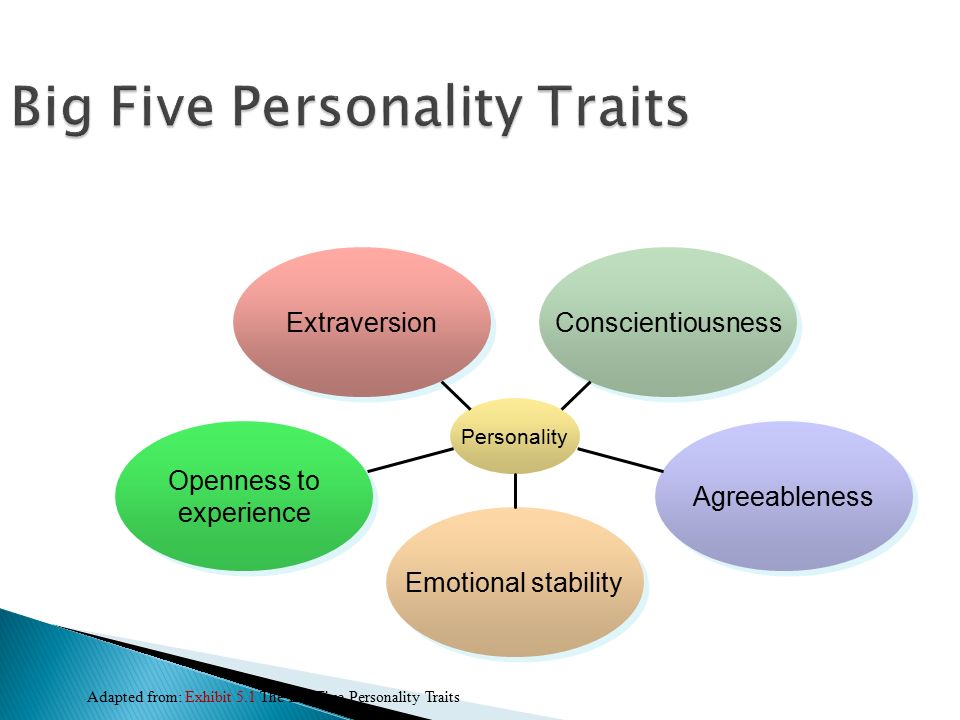 Intelligence, mental development of an individual are interpreted as his ability to perform intellectual tasks available for his age, to successfully adapt to various types of life situations.
Intelligence, mental development of an individual are interpreted as his ability to perform intellectual tasks available for his age, to successfully adapt to various types of life situations.
In the development of the intellect of an individual, both genetic and socio-cultural factors play a significant role, or rather, the interaction of these factors. Genetic factors - the hereditary potential received by an individual from his parents. These are the initial possibilities for the interaction of an individual with the outside world.
Hundreds of thousands of genes located on 46 chromosomes contain a huge, still little-studied potential of human individuality. To date, the function of only some genes associated with gross mental anomalies has been identified. However, only "raw materials" for the construction of complex psycho-regulatory structures are inherited by the individual. The vital needs of an individual can send appropriate requests to individual genetic formations. Various genetic loci, as shown by the studies of Nobel Prize winners R. Robertson and F. Sharp, are capable of functional rearrangements.
Various genetic loci, as shown by the studies of Nobel Prize winners R. Robertson and F. Sharp, are capable of functional rearrangements.
The system of mental stimulation and the increasingly complex system of social and cultural communication are of decisive importance for the development of the human intellect. Children develop harmoniously, having the opportunity to communicate with constructively thinking people, manipulate a variety of objects, master more and more sophisticated knowledge and skills from the zone of proximal development.
Among the qualities that characterize the intellectual warehouse of a personality, the productivity of the mind, its originality, possession of generalized ways of thinking, a stable intellectual orientation of the personality (curiosity), prudence, thoughtfulness, etc. stand out.
So, the character of each person is a rich palette of colors and halftones, a unique, unique personal identity. But in the variety of character traits, what stands out is what noticeably comes to the fore in the regulation of the individual's behavior - the volitional side of his psyche, expressed in an increased ability to control himself in difficult life situations. In these cases, the strength of character is manifested, which, together with integrity and stability, constitutes the main dynamic qualities of character. Its value quality is determined by morality and cognitive orientation.
In these cases, the strength of character is manifested, which, together with integrity and stability, constitutes the main dynamic qualities of character. Its value quality is determined by morality and cognitive orientation.
For an adequate perception and assessment of the various qualities of an individual, it is necessary to observe him in various life situations, especially in situations of difficulties and mental stress. However, one should also remember that it interferes with the adequate perception of a person by a person. Let us name some factors of distortion of social perception: misunderstanding of the mental state of people, their true motives and goals, susceptibility to bias, generalization of individual negative manifestations of the personality, search for confirmation of a priori negative assessments, inability to see positive changes in the personality in connection with its exit from crisis states, interpretation of random phenomena as the causes of individual behavior.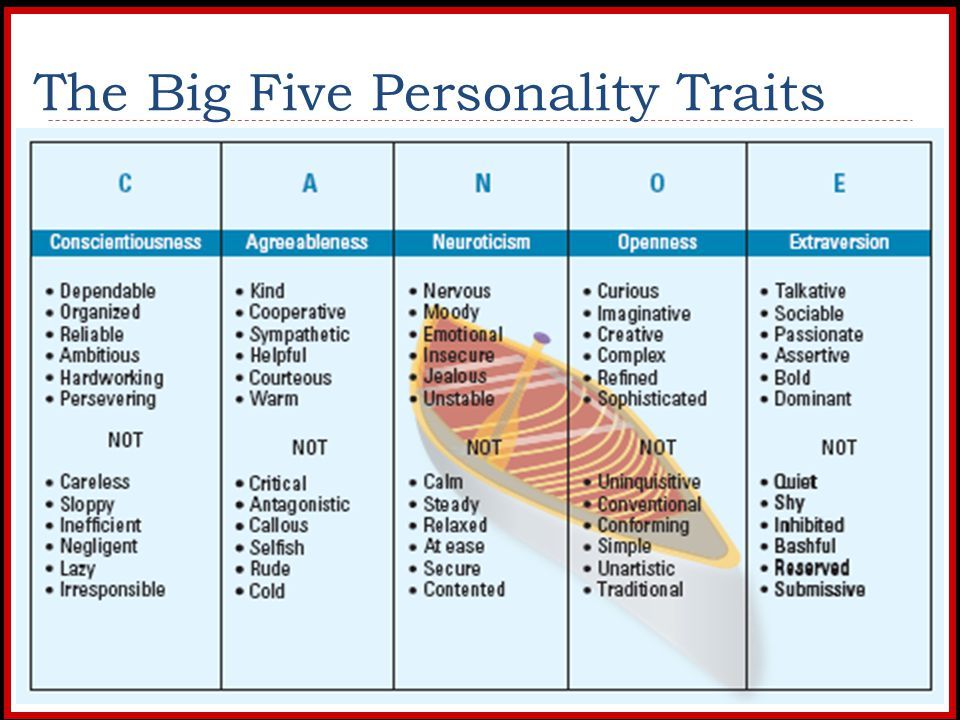
what are they and how to evaluate them?
Features of behavior, communication, attitude to people, objects, work, things show the character traits that an individual possesses. According to their totality, an opinion about a person is determined. Such clichés as "the soul of the company", "bore", "pessimist", "cynic" are the result of an assessment of a person's character traits. Understanding how character is structured helps in building relationships. And this applies to both their own qualities and others.
Classification of characters.
Character is defined by dominant traits, which in turn influence behavior and actions. They can be considered in the system of relations to work, other people, things, and oneself.
1. Labor
- Diligence-laziness . This “duet” can be both a character trait and express an attitude towards a particular work. A constant feeling of laziness can also indicate that a person is simply not interested in the business he is busy with, but in something else, he will prove himself better.
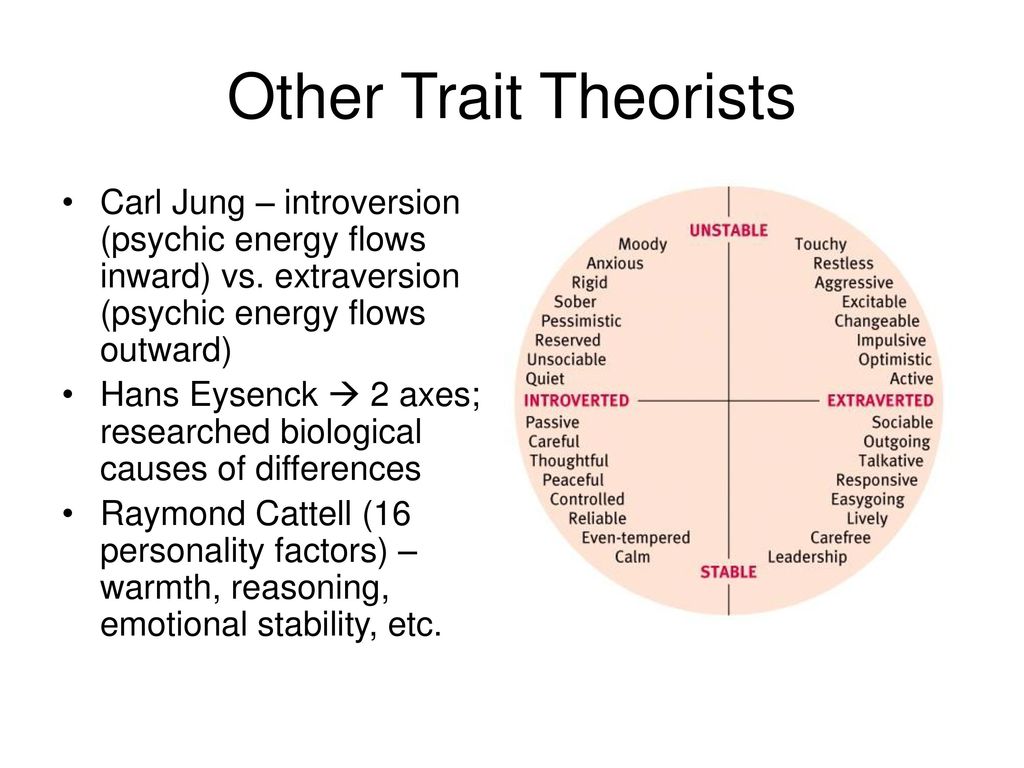 Laziness can be a sign of insufficient motivation for life. But excessive diligence also takes on a degree of workaholism, which can also indicate problems in personal relationships, a lack of interests.
Laziness can be a sign of insufficient motivation for life. But excessive diligence also takes on a degree of workaholism, which can also indicate problems in personal relationships, a lack of interests. - Liability-irresponsibility . One of the most important qualities for an employee. A person who responsibly performs his duties, does not let his colleagues down, will be a valuable employee.
- Good faith-bad faith . Doing duty and doing it well are not the same thing. It is important for management that diligence is expressed not only in the mechanical performance of actions, but brings results.
- Initiative-passivity . This quality is especially valuable for people who want to move up the career ladder. If an employee does not show initiative, does not generate ideas, hides behind the backs of colleagues, he will not develop in his profession.
Take a personality test
2. Other people
- Closeness-sociability .
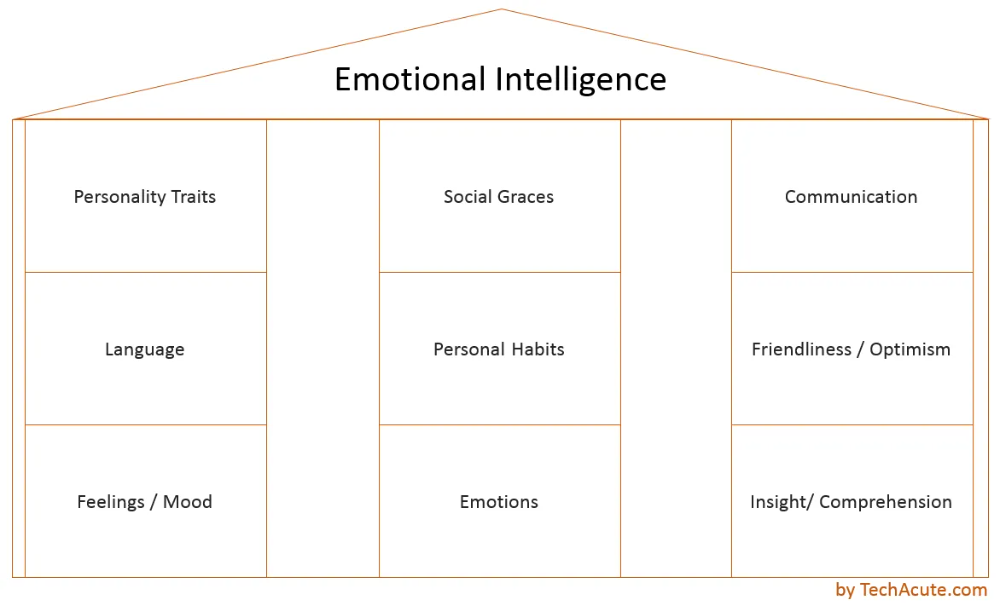 It shows the openness of a person, his looseness, how easy it is for him to make acquaintances, how he feels in a new company, team.
It shows the openness of a person, his looseness, how easy it is for him to make acquaintances, how he feels in a new company, team. - Truthfulness-Falsehood . Pathological liars lie even in trifles, hide the truth, easily betray. There are people who embellish reality, most often they do it because reality seems boring or not bright enough to them.
- Self-conformity . This quality shows how a person makes decisions. Whether he relies on his experience, knowledge, opinion, or follows someone's lead and it is easy to suppress him.
- Rudeness-politeness . Anger, inner feelings make a person cynical, rude. Such people are rude in queues, public transport, disrespectful to subordinates. Politeness, although it refers to positive character traits, can have a selfish background. It can also be an attempt to avoid confrontation.
3. Things
- Neatness-slovenliness .
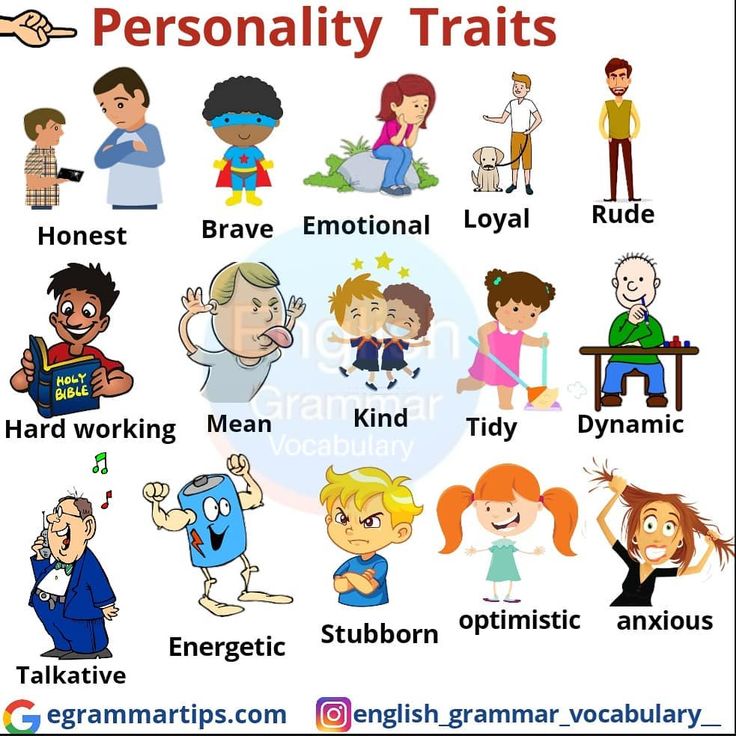 Creative mess or meticulous cleanliness in the house can show how neat a person is. You can also characterize it by its appearance. Sloppy people often arouse antipathy, and there are not always those who want to see a broad soul behind external absurdity.
Creative mess or meticulous cleanliness in the house can show how neat a person is. You can also characterize it by its appearance. Sloppy people often arouse antipathy, and there are not always those who want to see a broad soul behind external absurdity. - Thrift-negligence . You can evaluate a person by his attitude to the accumulated property, borrowed items. Although this trait of a person ended up in the material group, it can also manifest itself in relation to people.
- Greed-generosity . To be called generous, it is not necessary to be a philanthropist or give the last. At the same time, excessive generosity is sometimes a sign of irresponsibility or an attempt to "buy" someone else's favor. Greed is expressed not only in relation to other people, but also to oneself, when a person, out of fear of being left without money, saves even on trifles.
4. Self
- Demandingness .
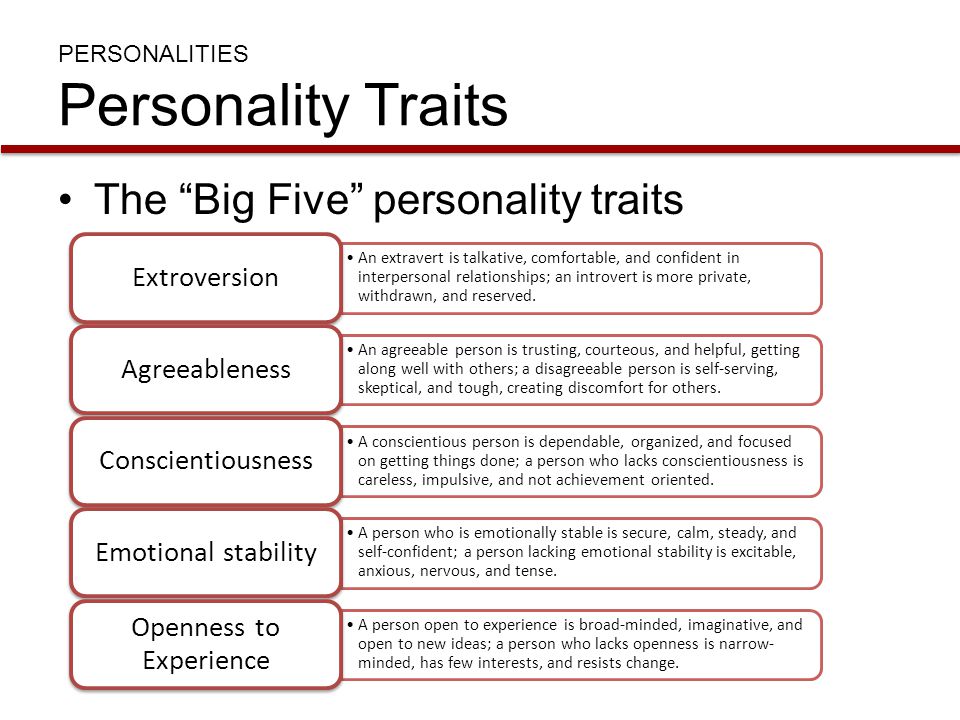 When this personality trait is clearly expressed, two extremes appear. A person who is demanding of himself is often just as strict with others. He lives by the principle "I could, so others can." He may be intolerant of other people's weaknesses, not realizing that each person is individual. The second extreme is built on uncertainty. A person tortures himself, considering himself insufficiently perfect. A striking example is anorexia, workaholism.
When this personality trait is clearly expressed, two extremes appear. A person who is demanding of himself is often just as strict with others. He lives by the principle "I could, so others can." He may be intolerant of other people's weaknesses, not realizing that each person is individual. The second extreme is built on uncertainty. A person tortures himself, considering himself insufficiently perfect. A striking example is anorexia, workaholism. - Self-criticism . A person who knows how to criticize himself has a healthy self-esteem. Understanding, accepting and analyzing your achievements and defeats helps in the formation of a strong personality. When the balance is disturbed, either egocentrism or self-blame is observed.
- Modesty . It must be understood that modesty and shyness are different concepts. The first is based on the value system instilled during education. The second is a call to the development of complexes. In a normal state, modesty is manifested in moderation, calmness, knowledge of the measure in words, expression of emotions, financial spending, etc.
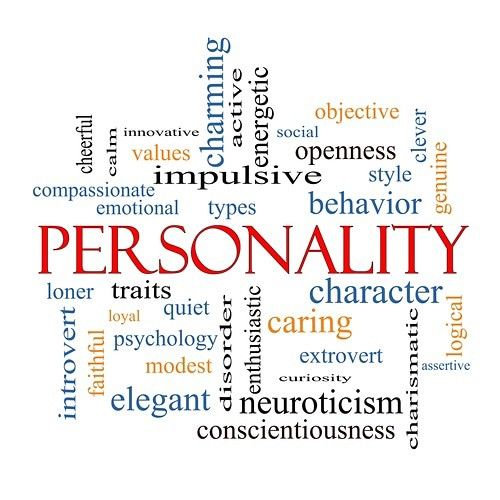
- Egoism and egocentrism . Similar concepts, but the feature here is egoism, but egocentrism is a way of thinking. Egoists think only of themselves, but use others for their own purposes. Egocentrics are often misanthropes and introverts who do not need others, who believe that no one is worthy of them.
- Self-esteem . Shows how a person feels internally. Outwardly, it is expressed in a high assessment of their rights and social value.
Take the test: introvert or extrovert?
Evaluation of personality and types of characters.
In addition to the main character traits that are formed in the system of relationships, psychologists also distinguish other areas:
- Intellectual. Resourcefulness, curiosity, frivolity, practicality.
- Emotional. Passion, sentimentality, impressionability, irascibility, cheerfulness.
- Strong-willed.
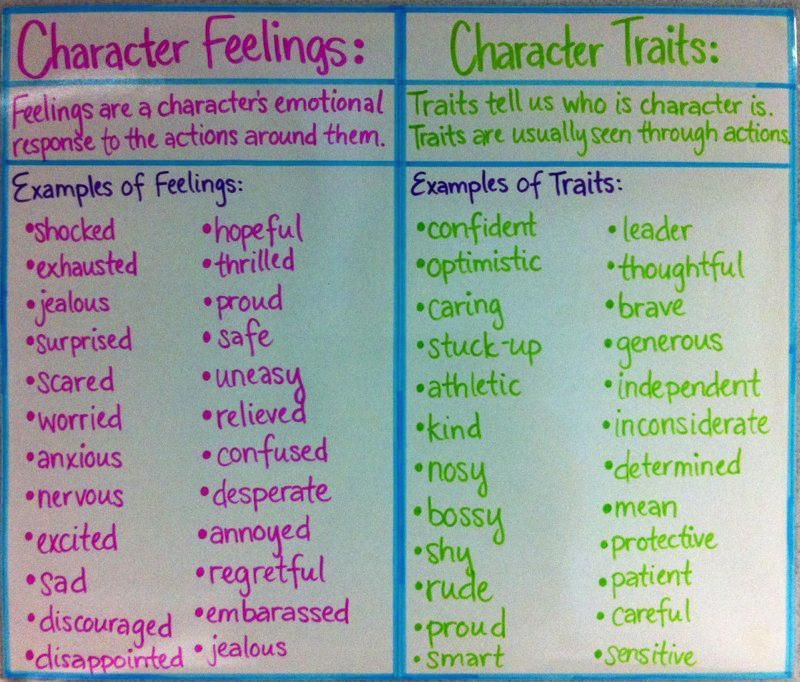 Courage, perseverance, purposefulness.
Courage, perseverance, purposefulness. - Moral. Justice, responsiveness, kindness.
There are motivational traits-goals that drive a personality and determine its guidelines. As well as instrumental traits-methods, they show exactly what methods the desired will be achieved. So, for example, a girl can manifest masculine qualities of character when she persistently and proactively seeks her lover.
About what are the traits of character, put forward the theory of Gordon Allport. The psychologist divided them into the following types:
- Dominant . They determine the behavior of the individual as a whole, regardless of the sphere, and at the same time influence other qualities or even overlap them. For example, kindness or greed.
- Ordinary . They are also expressed in all spheres of life. These include, for example, humanity.
- Minor . They do not particularly affect anything, often stemming from other traits.
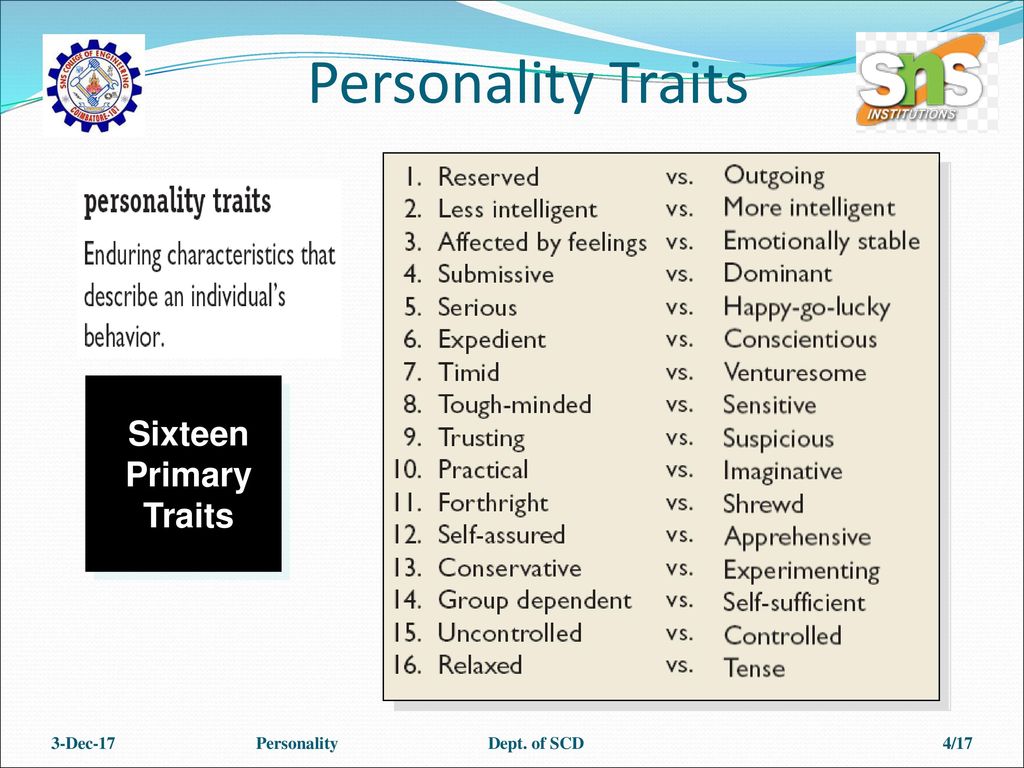 For example, diligence.
For example, diligence.
There are typical and individual personality traits. Typical ones are easy to group, noticing one of the dominant qualities or a few minor ones, you can “draw” a personal portrait as a whole, determine the type of character. This helps to predict actions, better understand a person. So, for example, if an individual has responsiveness, then most likely he will come to the rescue in a difficult situation, support, listen.
Positive and negative character traits.
Personality is a balance of positive and negative qualities. In this regard, everything is conditional. For example, envy is considered a bad quality, but some psychologists argue that it can become an incentive to work on yourself or improve your life. The distortion of positive traits, on the contrary, can lead to their transformation into negative qualities. Persistence develops into obsession, initiative into self-centeredness.
Strong and weak character traits should be highlighted, they often have to be remembered when filling out a resume.